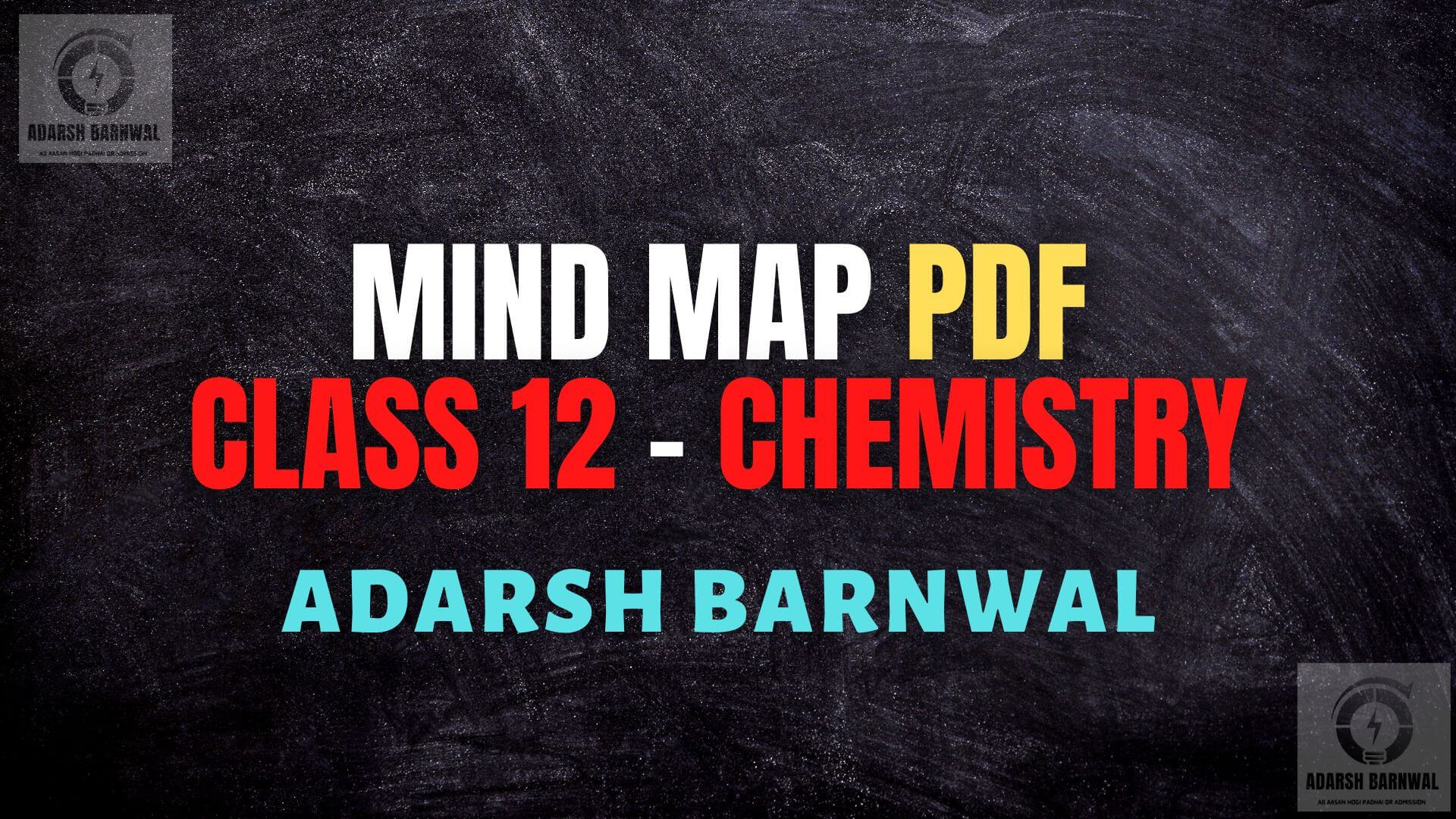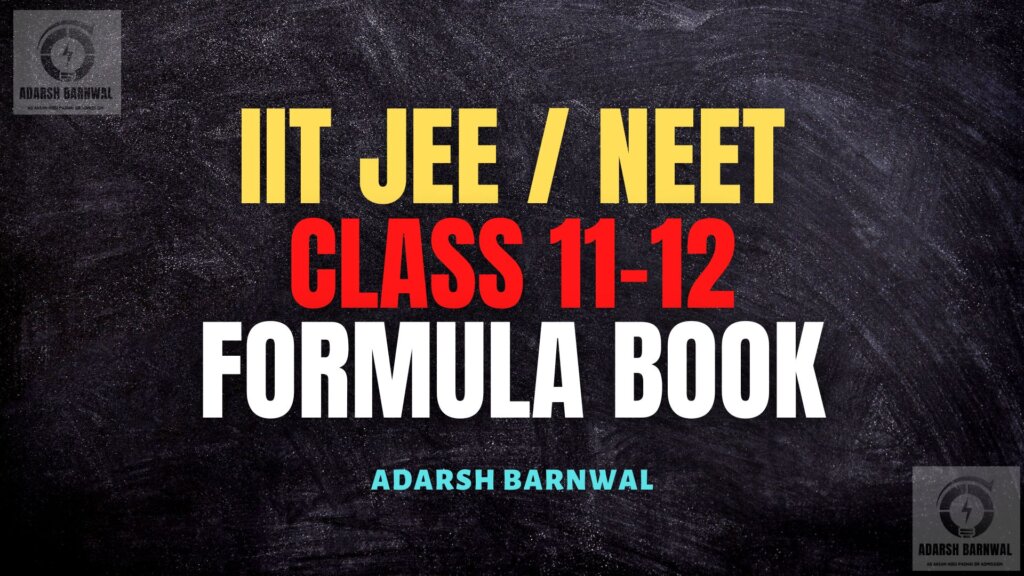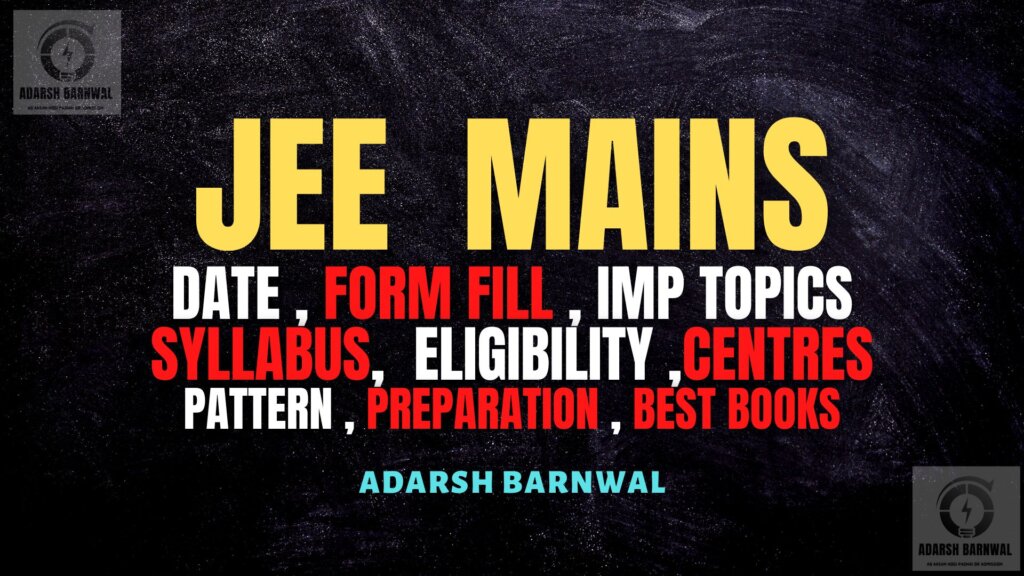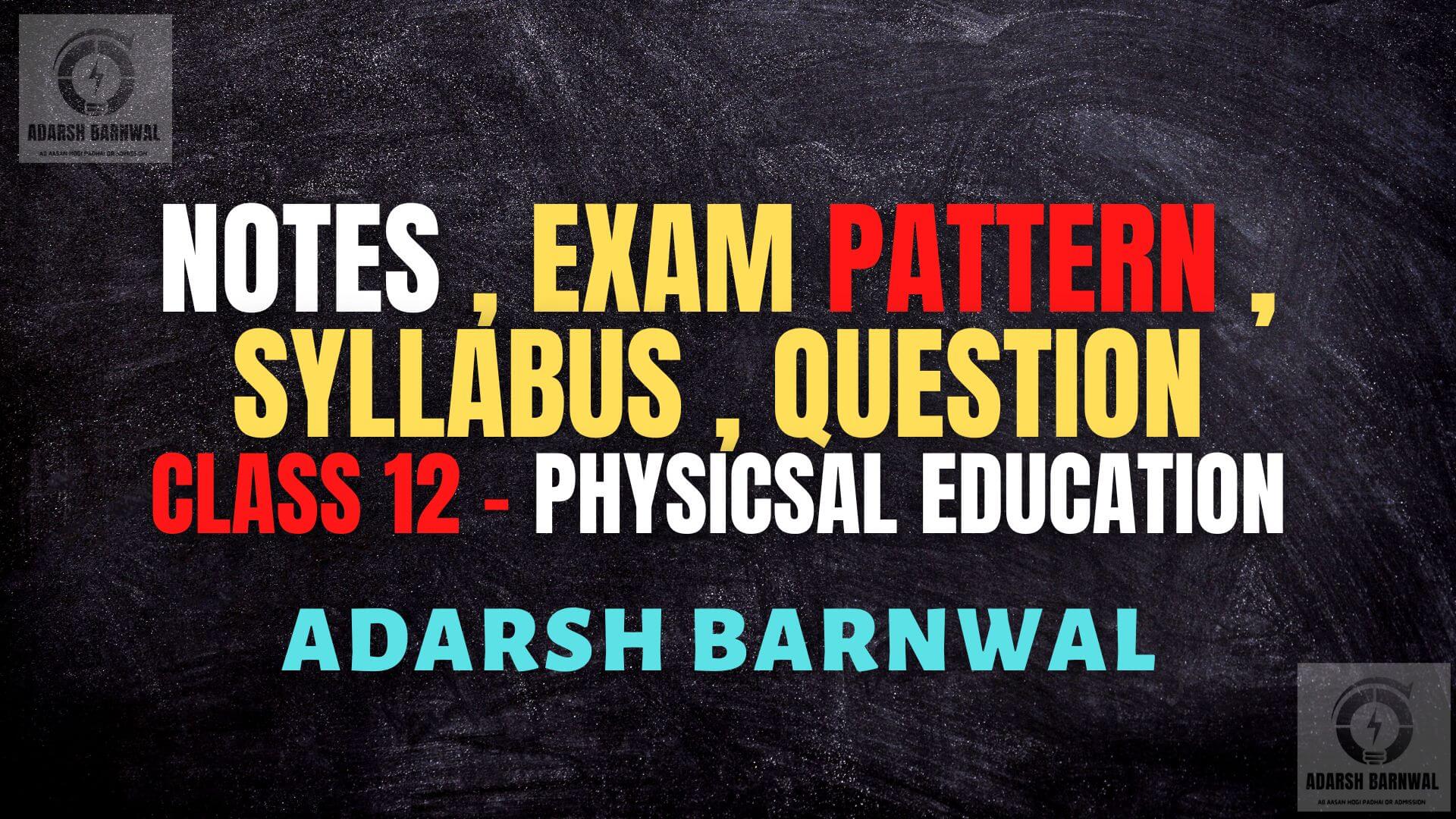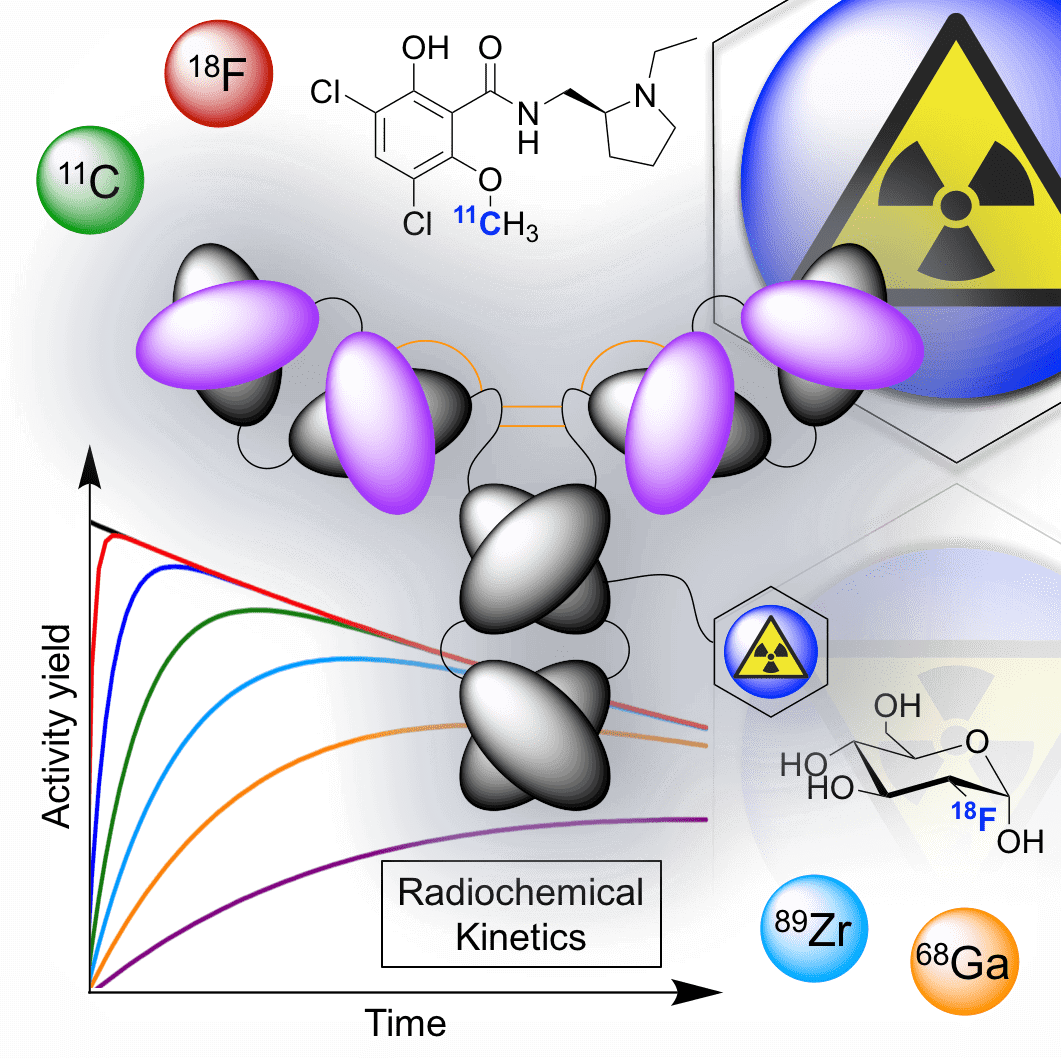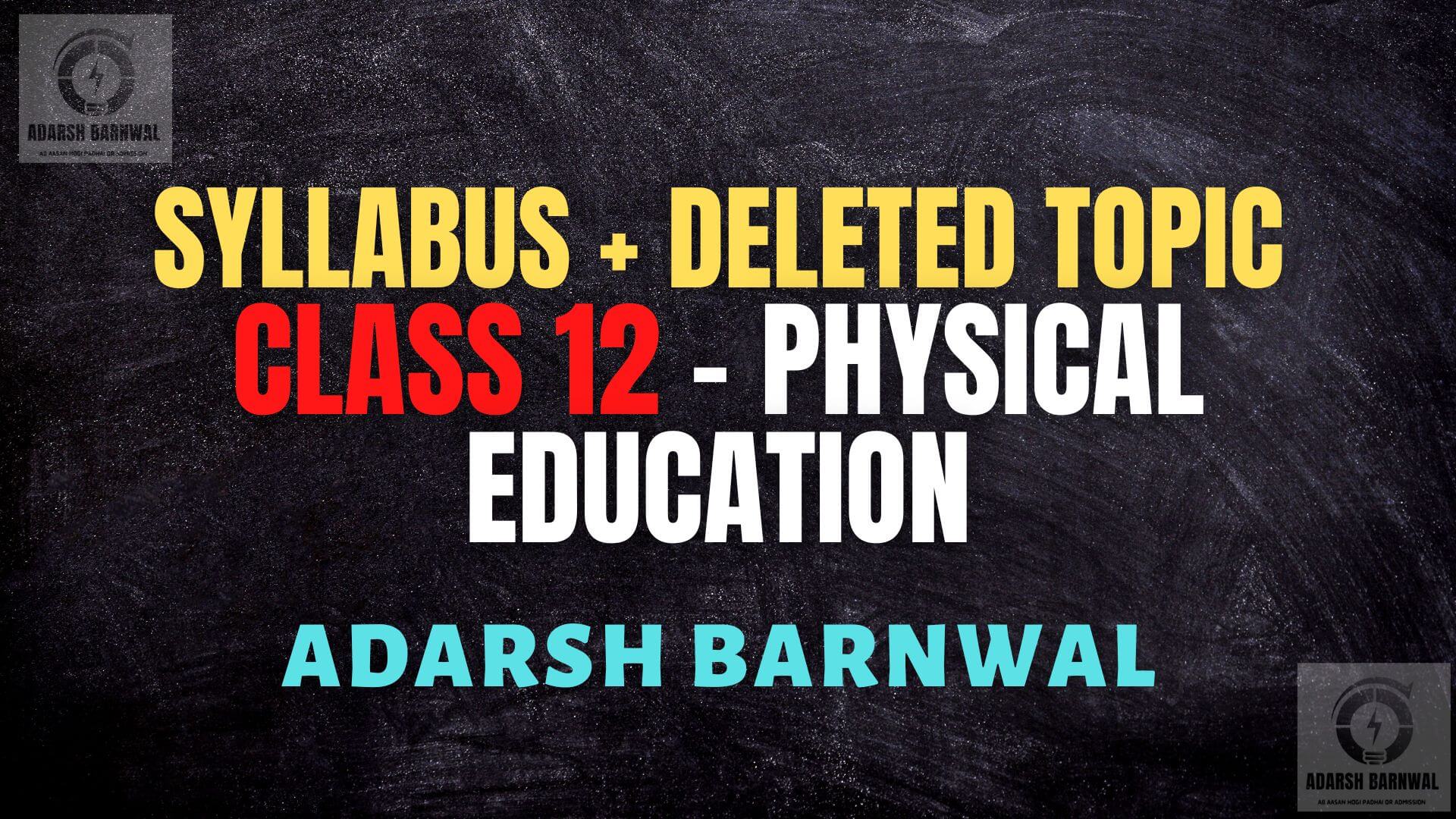Down below are the links of mind Map & formula book alongside with Important questions. A lot of people believe that you need to mug up in order to ace your Chemistry board exams. But there are certain strategies that you can use to score quite well in Chemistry. Remember, at this point, students should be revising through whatever they already read and not try to understand any new topic.Class 12 chemistry Mind Map & Formula Book 2024 – 2025
Firstly, you need to find your strengths and weaknesses. Some are good in Mathematics, while others are better with theory. Accordingly focus on those units which you can handle revising and getting a solid grip on at this last moment.

Important Changes in CBSE Class 12 Exam Pattern 2025
| Changes in CBSE Classes 11-12 | ||
|---|---|---|
| Academic session 2023-24 | Academic session 2024-25 | |
| Composition of question paper for year-end examination, board examination (theory) | Competency focused questions in the form of MCQs/ case-based questions, source-based integrated questions or any other type = 40% Select response type questions (MCQ) = 20% Constructed response questions (short answer/long answer type questions, as per existing pattern) = 40% | Competency focused questions in the form of MCQs/ case-based questions, source-based integrated questions or any other type = 50% Select response type questions (MCQ) = 20% Constructed response questions (short answer/long answer type questions, as per existing pattern) = 30% |
Marking Scheme for Class 12 CBSE 2025
The exam pattern and marking scheme of CBSE 12th of some of the subjects is given in the following tables:
| Subjects | Theory Exam | Practical Exam |
|---|---|---|
| English | 80 | 20 |
| Sociology | 80 | 20 |
| Political Science | 80 | 20 |
| Physics | 70 | 30 |
| Mathematics | 80 | 20 |
| History | 80 | 20 |
| Geography | 70 | 30 |
| Economics | 80 | 20 |
| Computer Science | 70 | 30 |
| Chemistry | 70 | 30 |
| Business Studies | 80 | 20 |
| Accountancy | 80 | 20 |
| Biology | 70 | 30 |
CBSE Class 12 Chemistry Syllabus
CBSE Class 12 Chemistry syllabus has given 70% weightage to theory and the remaining 30% to practicals. The new syllabus of CBSE Class 12 Chemistry for the AY 2022-23 is tabulated below.
| S.no | Title | No. of Periods | Marks Allotted |
|---|---|---|---|
| 1 | Solutions | 15 | 7 |
| 2 | Electrochemistry | 18 | 9 |
| 3 | Chemical Kinetics | 15 | 7 |
| 4 | d -and f -Block Elements | 18 | 7 |
| 5 | Coordination Compounds | 18 | 7 |
| 6 | Haloalkanes and Haloarenes | 15 | 6 |
| 7 | Alcohols, Phenols and Ethers | 14 | 6 |
| 8 | Aldehydes, Ketones and Carboxylic Acids | 15 | 8 |
| 9 | Amines | 14 | 6 |
| 10 | Biomolecules | 18 | 7 |
| Total | 160 | 70 |

Here are a few last-minute tips to score well on your Class 12 Chemistry paper:
1. Skim through the NCERT books from cover to cover
As per the trends of the last few years, the Class 12 Boards question paper has questions all from the NCERT. So, you will need to remember every example of reactions, both organic and inorganic.
When practicing numericals, make sure you cover all the examples in between chapters and the exercise questions at the end of each chapter.
2. Concentrate on the units with the highest weightage
The following units hold the highest weightage for Class 12 Chemistry Board exams in decreasing order:
- p-Block Elements
- Aldehydes, Ketones and Carboxylic acids
- d-and f-Block Elements
- Solutions
- Electrochemistry
- Chemical Kinetics
3. Go through previous years’ question papers
Questions are often repeated in Chemistry and solving previous years’ question papers goes a long way to helping you ace in your Chemistry exams as it helps you with time management long with an understanding of the question pattern.
If you haven’t been solving these papers, don’t waste your time at this last minute. Instead, sit with a solved question paper book of previous years and go through each and every question.
Solve the trickier numericals in your notebook and mark the kind of Reaction questions asked often.
4. Memorise the formulae for Physical Chemistry
If you are good at Maths, you might find Physical Chemistry right up your alley. Physical Chemistry constitutes of Units 1 to 5 and constitutes a total of 23 marks. Write down and memorise all the formulae and make sure you solve at least one or two questions of the style you find most difficult.
Take the help of reference books to find several problems of similar styles to practice.
5. Practice Reasoning type Organic and Inorganic questions
In such questions, make sure you provide the correct reasons. The previous years’ questions will help you understand what kinds of questions are likely to be asked. In Organic questions of this type, provide the suitable diagram as well.

6. Concentrate on p-Block elements and Coordination Compounds chapters for Inorganic Chemistry
Inorganic Chemistry is a good target area for those who are good at theory. Units 6-9 which constitute Inorganic Chemistry carry a total of 19 marks. Memorising the reactions are very important here. You can expect around 8 marks or more to be asked from p-Block.
Noble gases and Halogens are important topics and often have questions asked from them. Practice these areas well.
From p-Block chapter, also practice drawing the structures of the different elements.
p-Block and d-Block elements cannot be learned quickly but if you have notes, it will be quick to revise.
7. Named reactions and conversions are very important
Units 10 to 16 constitute Organic Chemistry and this 29-mark portion is the heaviest bulk of the Class 12 Chemistry Board exam. True Chemistry lovers probably enjoy this section and don’t even consider it too difficult.
Named reactions are very important, as are questions such as Nucleophilic substitution/addition, Electrophilic substitution/addition.
Also revise and practice a couple of step-by-step conversion questions from one compound to another.
8. Practice IUPAC naming and the identification of compounds through different agents
IUPAC naming of compounds is important for 1-mark questions. You should go through the rules and practice a couple to make sure you understand this.
Vert short answer type questions can be asked on the identification of compounds though different agents and you should practice the same.
9. The last three chapters can fetch you 10 solid marks
The last three chapters of the book need to be read and learned mostly and you can score a solid 10 marks from the chapters Biomolecules, Polymers, and Chemistry in Everyday life.ADVERTISEMENT
So, take a breather and get on with your revision. Sleep for at least 6 hours and don’t freeze during the exam. All the best!
Chemistry Mind Map + Formula Book Pdf ( click )
Important questions – Inorganic Chemistry Class 12- DOWNLOAD ( click )
Most Important Objective Questions Chemistry Class 12 – Download PDF
Important Name Reactions of Organic PDF
NCERT Chemistry DO or DIE questions
Download – BIOLOGY Most Important questions


